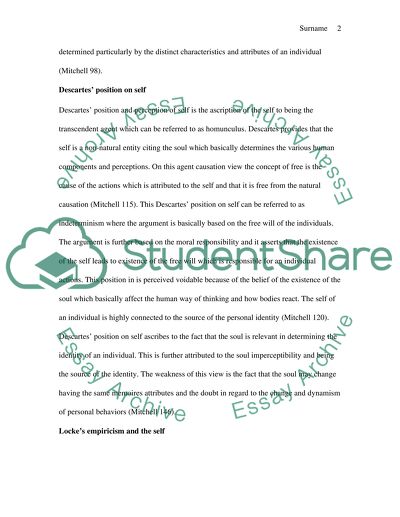Cite this document
(“What is the self and how can we know it, or can we know it at all Term Paper”, n.d.)
Retrieved from https://studentshare.org/philosophy/1460692-what-is-the-self-and-how-can-we-know-it-or-can-we
Retrieved from https://studentshare.org/philosophy/1460692-what-is-the-self-and-how-can-we-know-it-or-can-we
(What Is the Self and How Can We Know It, or Can We Know It at All Term Paper)
https://studentshare.org/philosophy/1460692-what-is-the-self-and-how-can-we-know-it-or-can-we.
https://studentshare.org/philosophy/1460692-what-is-the-self-and-how-can-we-know-it-or-can-we.
“What Is the Self and How Can We Know It, or Can We Know It at All Term Paper”, n.d. https://studentshare.org/philosophy/1460692-what-is-the-self-and-how-can-we-know-it-or-can-we.


